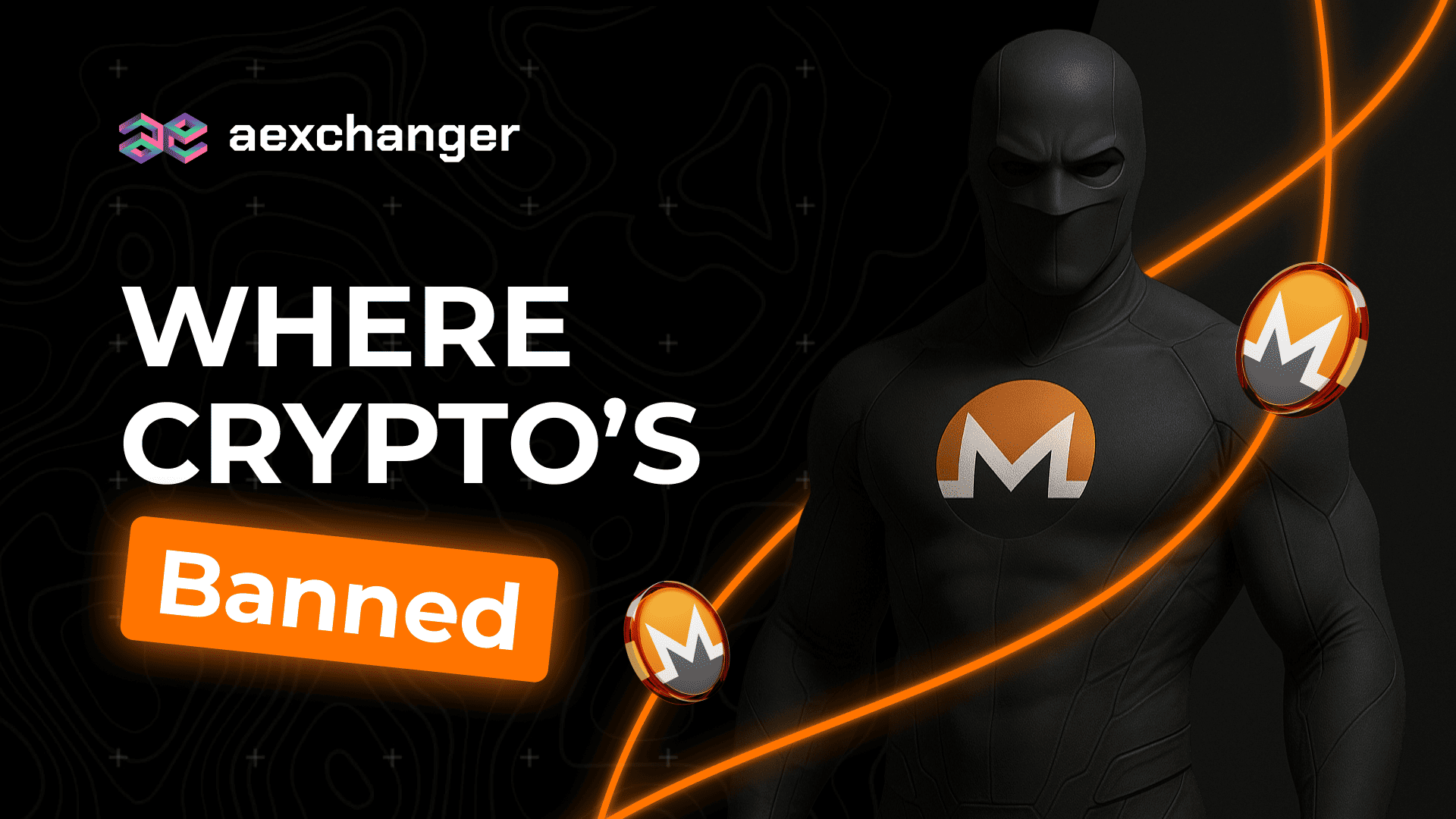2025-07-25 18:27:06
Where Bitcoin Is Illegal – and What Else Got Banned

Where Bitcoin Is Illegal – and What Else Got Banned
Not all cryptocurrencies are welcomed equally across the globe. While Bitcoin and Ethereum dominate the headlines, certain coins have come under regulatory fire – especially those with advanced privacy features or connections to controversial protocols.
Here’s a look at the top cryptocurrencies banned or restricted in various countries, and the reasons behind those decisions.
Why are some cryptocurrencies banned?
Governments typically ban or restrict crypto projects for one of the following reasons:
- Anonymity & Privacy: Some coins make transactions nearly untraceable, raising concerns about money laundering and illegal activities.
- Regulatory Evasion: Protocols that bypass sanctions or financial controls are often targeted.
- Volatility & Lack of Oversight: Some countries reject all cryptocurrencies due to their unpredictable nature or lack of control by central banks.
Top Banned Cryptocurrencies
Monero (XMR)
- Privacy-focused coin that hides transaction history.
- Banned or restricted in: Japan, South Korea, Australia.
Zcash (ZEC)
- Offers optional private transactions via zk-SNARKs.
- Restricted in: South Korea, delisted on some Japanese exchanges.
Tornado Cash (TORN)
- A crypto mixer used to anonymize Ethereum transactions.
- Sanctioned by: United States (OFAC listing in 2022).
Bitcoin (BTC)
- World's first and most recognized crypto.
- Banned in: China, Algeria, Morocco, Bangladesh, Egypt (due to blanket bans on crypto).
Dash (DASH)
- Privacy-enhancing features like PrivateSend.
- Delisted or restricted in: Japan and South Korea.
Countries with strict crypto policies:
- China: Total ban on crypto trading and mining.
- Morocco & Algeria: Broad prohibitions on crypto due to religious and economic concerns.
- Egypt: Crypto banned under Islamic finance rules.
- USA: Sanctions specific protocols like Tornado Cash rather than banning crypto outright.
- Japan & South Korea: Strict regulations on privacy coins and KYC compliance.
Conclusion
If you’re investing in cryptocurrency, always be aware of your country’s regulatory stance - especially before buying privacy coins. Many exchanges now delist such assets in regulated markets.
Want a safe place to buy or sell crypto in Europe?
AEXchanger.com offers compliant, fast OTC crypto trading with top coins and real human support.






 You can share
You can share

